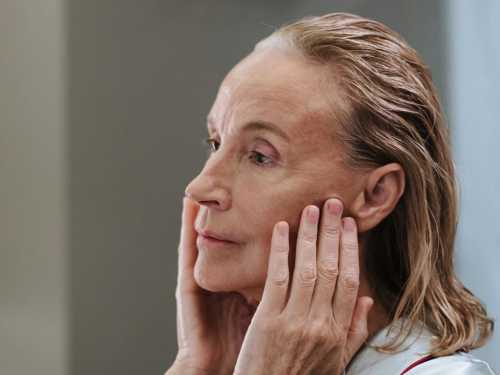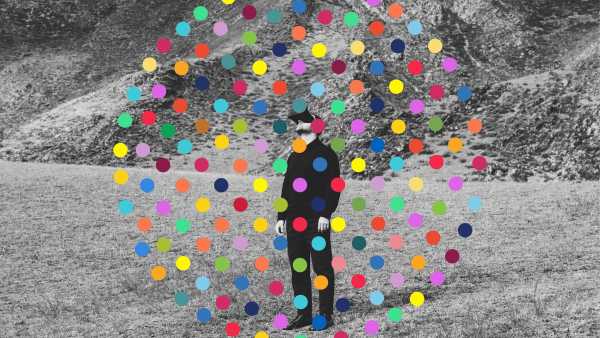
Scientists have proven that blood serum from young people can rejuvenate human skin — but only with the participation of bone marrow cells. The results of the study are published in the journal Aging.
The laboratory experiment used a microphysiological system – a model of skin and bone marrow, combined into a single circulatory environment. Blood serum from young (up to 30 years old) and elderly (over 60 years old) donors was injected into it. It turned out that skin serum from young people reduces the biological age of the skin and enhances cell division. However, this effect was manifested only in the presence of bone marrow cells.
The analysis showed that it is the bone marrow, in response to the serum, that begins to produce signaling proteins that trigger regeneration processes in the skin. Scientists identified 55 such proteins and isolated seven that confirmed the rejuvenating effect in laboratory tests: they activated cell division, increased the production of collagen and hyaluronic acid, improved mitochondrial function and reduced signs of aging.
The study confirms that rejuvenation is not just an “infusion of young blood,” but a complex inter-organ process in which the bone marrow plays a key role.
While the study results are promising, these are just the first steps in the lab. This doesn't mean the method is ready for use in humans, or that there is already a skin rejuvenation serum available for purchase. Further research, including human clinical trials, is needed to confirm the effectiveness and safety of this approach.





